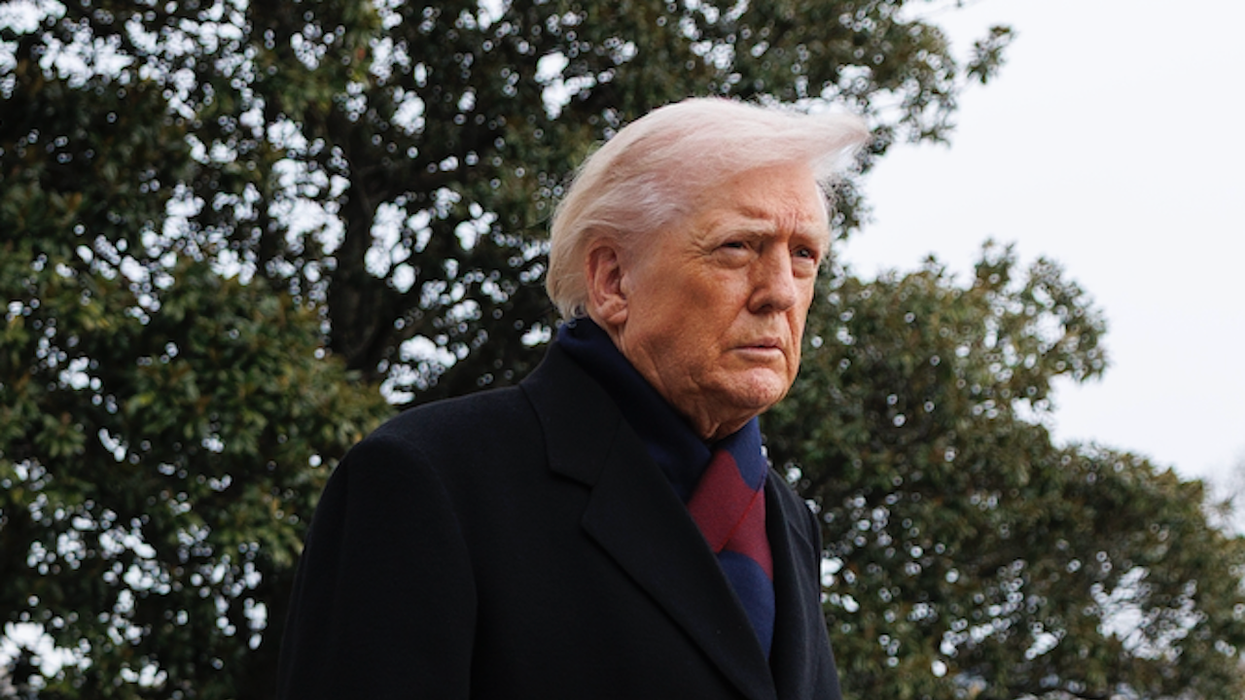The fight to protect the First Amendment right to freely exercise religion without government coercion was just awarded a huge victory in Kentucky.
In 2012, the Lexington City Human Rights Commission ruled that a local T-shirt printing company, Hands On Originals, violated the city's fairness ordinance by discriminating against same-sex people when the business refused to print shirts for the 2012 Lexington Pride Festival ordered by Lexington’s Gay and Lesbian Services Organization, according to the Lexington Herald-Leader.
Blaine Adamson, the business owner, told the Human Rights Commission in 2014 that printing the T-shirts and spreading same-sex values would violate his Christian beliefs.
"Because of my Christian beliefs, I can’t promote that," Adamson said at the time. "Specifically, it’s the Lexington Pride Festival, the name and that it’s advocating pride in being gay and being homosexual, and I can’t promote that message. It’s something that goes against my belief system."
Despite Adamson's plea that forcing him to print the T-shirts would violate his First Amendment rights, the Human Rights Council ruled against him. Adamson appealed the decision to a Kentucky state circuit court, which ruled in his favor in 2015. On Friday, the Kentucky state court of appeals upheld the lower court's decision after the Human Rights Council appealed the original court decision.
In a 2-to-1 ruling, the judges said it's clear that Hands on Originals didn't violate Lexington's fairness ordinance because they didn't refuse the group service based on the customers' sexual orientation but because the business owners believed they shouldn't be compelled to spread a message that violates their deeply held religious beliefs.
Chief Judge Joy Kramer wrote, "The right of free speech does not guarantee to any person the right to use someone else’s property."
"In other words, the 'service' Hands On Originals offers is the promotion of messages. The 'conduct' Hands On Originals chose not to promote was pure speech. There is no contention that Hands On Originals is a public forum in addition to a public accommodation," she explained. "Nothing in the fairness ordinance prohibits Hands On Originals, a private business, from engaging in viewpoint or message censorship."
Ray Sexton, the executive director of Lexington's Human Rights Council, told the Herald-Leader they aren't sure if they will appeal the ruling to the Kentucky Supreme Court. He also explained his hopefulness that the appeals court's decision doesn't set a precedent that strips away the council's power.
"Certainly when cases are decided like this, they may set a precedent for future cases," Sexton said. "Hopefully, that won’t happen here. But we’ll have to take a look at this and see how we’re going to handle it."
The Gay and Lesbian Services Organization, which has since changed its name to the Pride Community Services Organization, said they are "disheartened" by the ruling, adding that LGBTQ people will continue to be treated as "second-class citizens" because of it.
Adamson, however, is just feeling lucky.
"I don’t leave my faith at the door when I walk into my business," Adamson told the Herald-Leader. "In my case, fortunately, the legal system worked."
However, in many other cases across the country in recent years, the legal system has not upheld the religious freedom of business owners.
Most famously, two cake decorators in Oregon were forced to pay a fine of more than $100,000 after they refused to bake a cake for same-sex couple in 2013, citing their religious views as Christians. Eventually, the owners of "Sweet Cakes by Melissa" were forced to permanently shut their doors because of the controversy surrounding their business and the fine Oregon levied against them.







